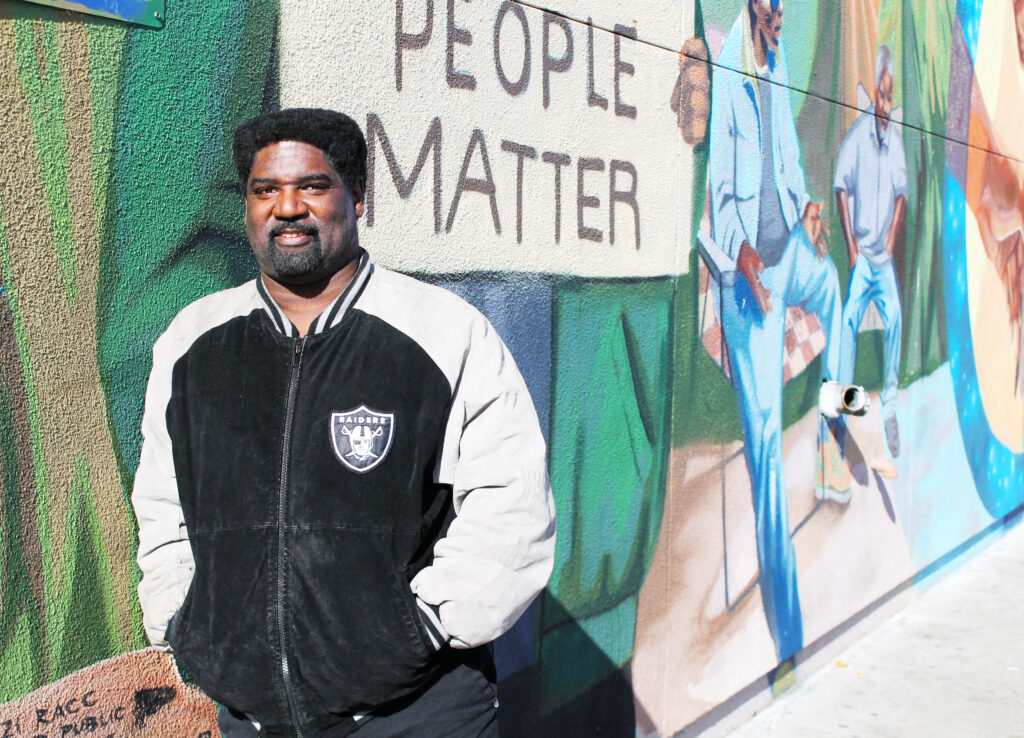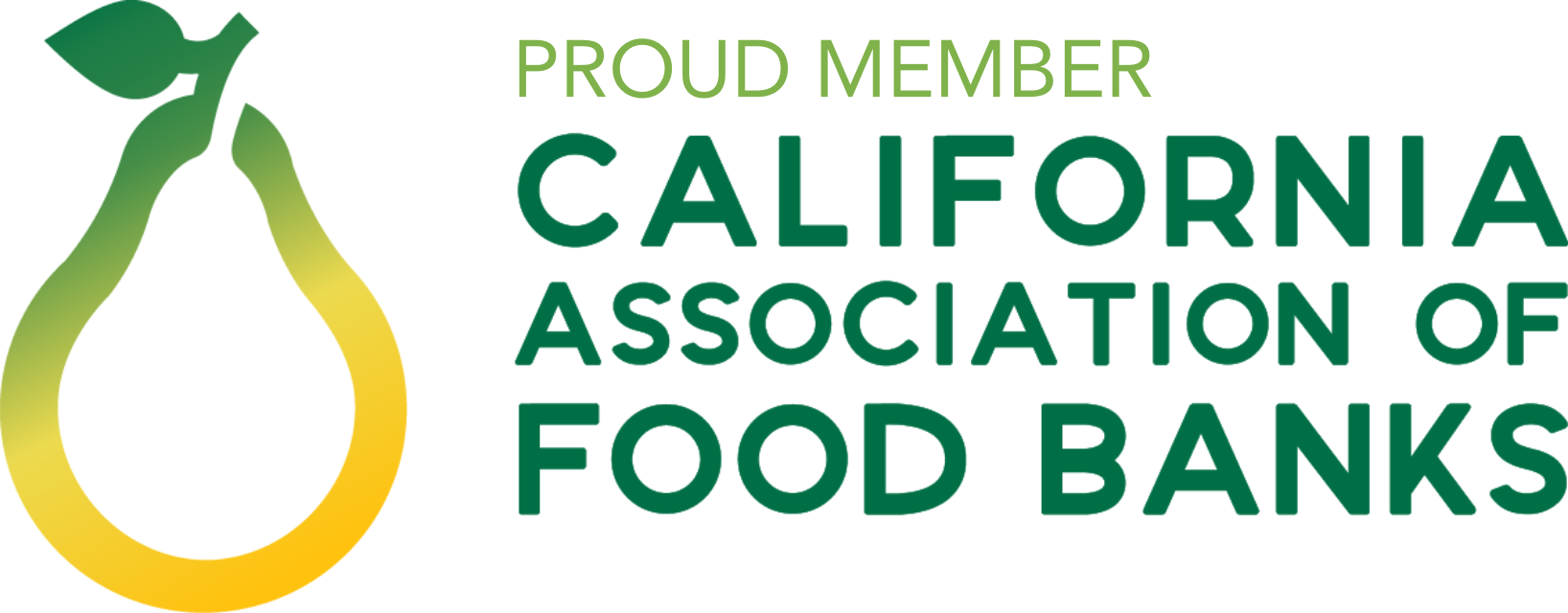When Darrell arrived at the family shelter run by our agency partner, the Greater Richmond Interfaith Program (GRIP), he wasn’t sure what to make of the help staff were offering to himself and his two teenage daughters.
“I was so used to doing things on my own,” he remembers. “Honestly, I didn’t know people did that. I was not used to that.”
For the past two years, he and daughters Deann (15) and Monica (14) had been living in a motel. Before that, the family had stayed in a series of hotels, short-lived apartments and other accommodations.
“Long story short, we ended up losing everything,” Darrell shares, including the family’s access to affordable housing benefits. Just under a year later, with the help of GRIP staff, the family was able to re-qualify for benefits. A few weeks after that, in November of 2022, they moved out of the shelter and into a two-bedroom apartment.
“We’ve got a big living room, good sized bedrooms, nice neighbors and the landlord’s great… We’re really comfortable there.” Darrell says. “It’s a fresh start and it’s only up from here.”
50,000 meals per year
GRIP shelters about 100 families every year, but its kitchen feeds even more. About 50,000 meals are served through its soup kitchen every year, and each week staff pack another 100 lunches to take to nearby encampments as part of their outreach program.
“We couldn’t do that without partners like the Food Bank,” says executive director Ralph Payton. “It takes a village for everything.”
As one of our 260-plus agency partners, GRIP is able to access food – including edible but unsaleable groceries that would otherwise be thrown away – as well as other supports like enhancement grant funding, which the program has used in the past to replace its stove. By working together, we can provide food to more people in our community in the ways that support them best.
Like many of our partner agencies, GRIP is seeing a big uptick in the number of people facing food insecurity right now, thanks to a year of high inflation. “We have people who are working, who are sheltered coming here for food because it’s so expensive,” Payton says.
The increased cost of living in the Bay Area is also changing where families who stay at the shelter end up calling home once they’re able to move into housing. These days, it’s not uncommon to see families move to Antioch and Stockton – or even as far away as Fresno – in order to find housing they can afford.
“Making people feel human again”
For staff at GRIP, serving their community also means making sure the folks who eat and stay with them know that they are cared for and supported – and that they deserve that support and care.
“Our number one job here isn’t really about feeding or sheltering, it’s about giving self worth to the individuals that come through our doors,” says Payton. “Making people feel human again, and worthy of all of the things that we have and everybody in a community needs.”
For Darrell’s family, help also took the form of connections to therapists for his youngest daughter, to help her process the turmoil of the family’s past several years, as well as advice on a school environment that would help her thrive. For others it can include help with job searches, or making sure landlord-tenant communication keeps running smoothly after a family moves into their new place.
“It seems like whatever you need, they will help you with it,” Darrell says. “And if it takes this many steps, GRIP will be there for you.”




